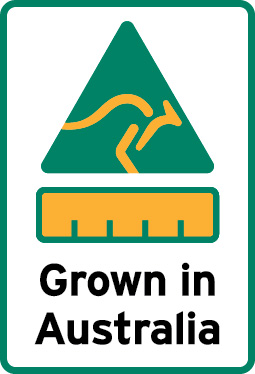FAQs
What are Prunes?
Prunes are dried D’Agen plums, also sometimes known as sugar plums.

How can I buy Australian Prunes?
 Australian prunes are available in retail stores in various forms including whole prunes, pitted prunes, and prune juice. You can find prunes in the health food and baking aisles at most supermarkets. Look for the Grown in Australia label!
Australian prunes are available in retail stores in various forms including whole prunes, pitted prunes, and prune juice. You can find prunes in the health food and baking aisles at most supermarkets. Look for the Grown in Australia label!
How do I store my prunes at home?
What is the ideal serving size of prunes?
How can I eat prunes?
You can eat them in a crazy amount of ways! Whole, diced, or pureed, they go with proteins and grains, on salads and cereals, and in sauces and baked goods.
Prunes are surprisingly versatile as an ingredient in savory and sweet dishes. And, because of their natural sweetness and moisture content, you can reduce sugar and even oil in recipes made with prunes and prune puree. Toss some diced prunes into your next salad for a sweet and chewy bite.
The prune’s earthy, sweet qualities pair well with salty, acidic and fermented ingredients such as olives, capers, vinegar and soy. Prunes also pair very well in recipes that utilize rich and complex flavor notes – like espresso, chocolate and chilies.
All I heard about prunes is that they make you go to the toilet, is that true?
Yes, that’s true, BUT that is just one part of the amazing health benefits that prunes offer us.
Prunes contribute to our digestive health in several ways: they deliver fiber, sorbitol, and polyphenols, which act as antioxidants in the diet. Because prunes are so rich in antioxidants they can help provide added protection for the body against heart, eye, memory and immune system issues.
Prunes are good for your gut, your heart, and even your bones. Prunes contain dietary fiber and other nutrients to support good gut health, 280 mg potassium to support heart health, and vitamin K, copper, boron and several antioxidants to support healthy bones.

